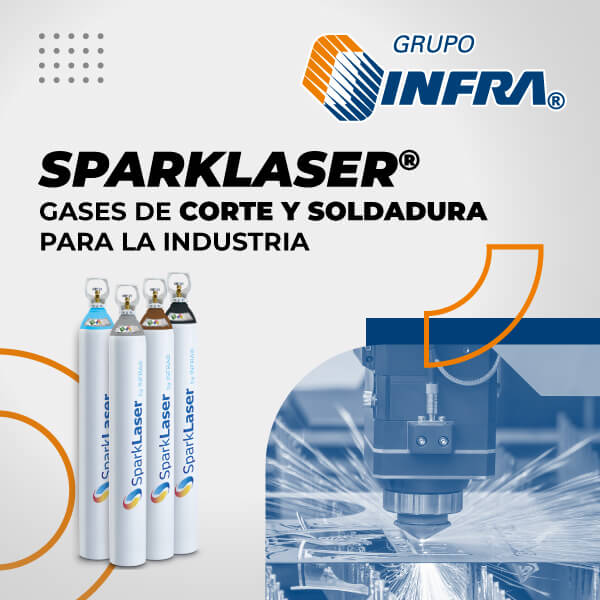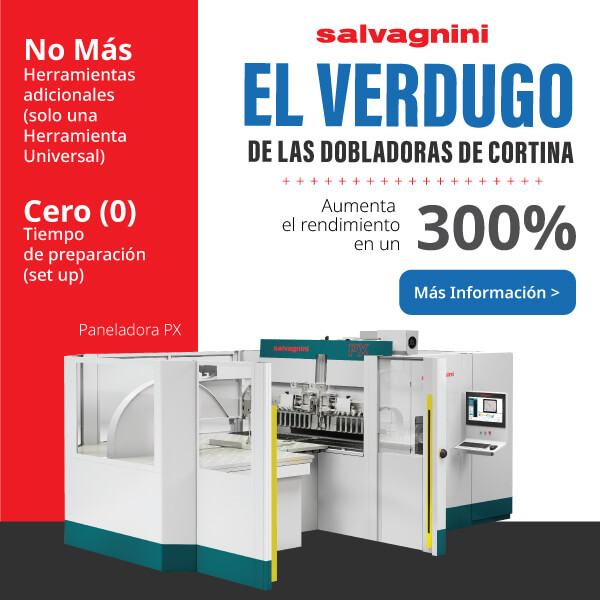
In the mid-2000s, the most valued companies, the ones most contested by professionals in the market, had characteristics such as large size, a strong profile that inspired greater security, considered only technical skills, as well as paying great salaries and offering a career plan.
But the way of working has transformed at a record pace in the last three years. Priorities have shifted, due to the COVID-19 pandemic, for both employers and employees, bringing remote/hybrid work to the forefront. According to the Future of Work study by the CFA Institute (a global not-for-profit professional organization that provides financial education to investment professionals), 82% of the more than 9,000 professionals surveyed say that working remotely has positively or neutrally affected their activities, while 81% would like to pursue a hybrid and flexible work regime.
These percentages are not different from other sectors where hybrid and remote models are possible, and along with other factors, demonstrate that workers are much more interested in working to live, not living to work. Issues that were not even considered before, such as flexibility, quality of life, purpose, people skills (the ability to relate and generate results), and the ability to work in a flexible and flexible manner are the most analyzed factors that professionals take into consideration before accepting a job offer nowadays.
The influence of the leader
.The leader's posture is also among the differentiating factors that make a company attractive. Transformational leaders make a difference in retaining talent and keeping their teams motivated. They are responsible for inspiring and motivating the people under their command. And is this professional who manages to extract the best that each person has to use in favor of collective performance.
Another often overlooked factor that makes a company a good place to work is whether you can show up every day as your authentic self.
When people have more inventive freedom over their work, whether in a creative field or not, they are more likely to bring new meaning to work.









































































































































































